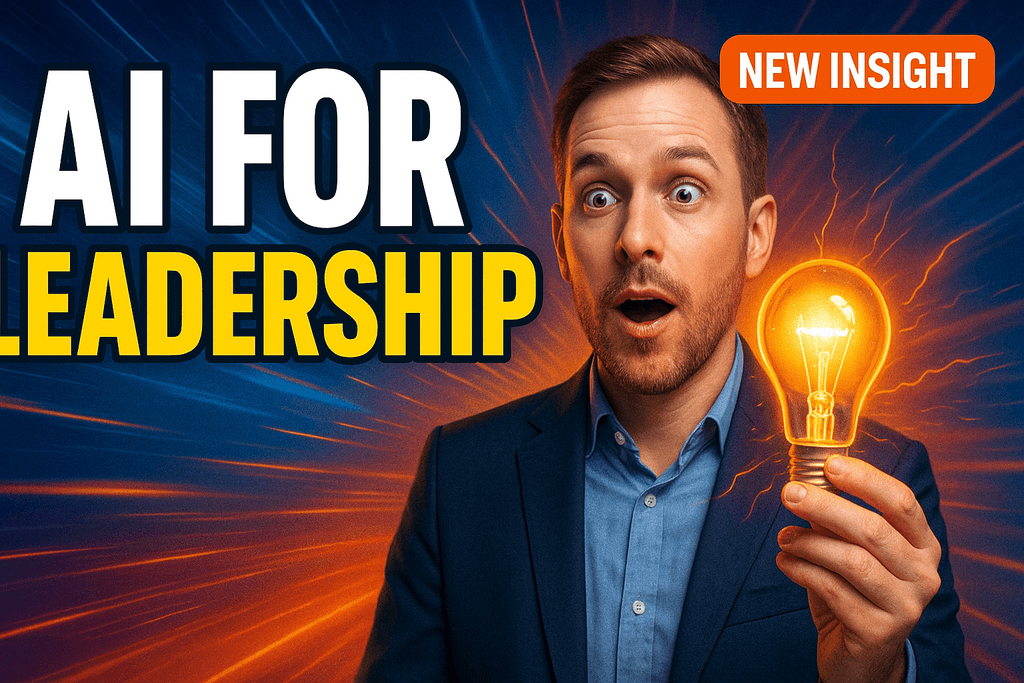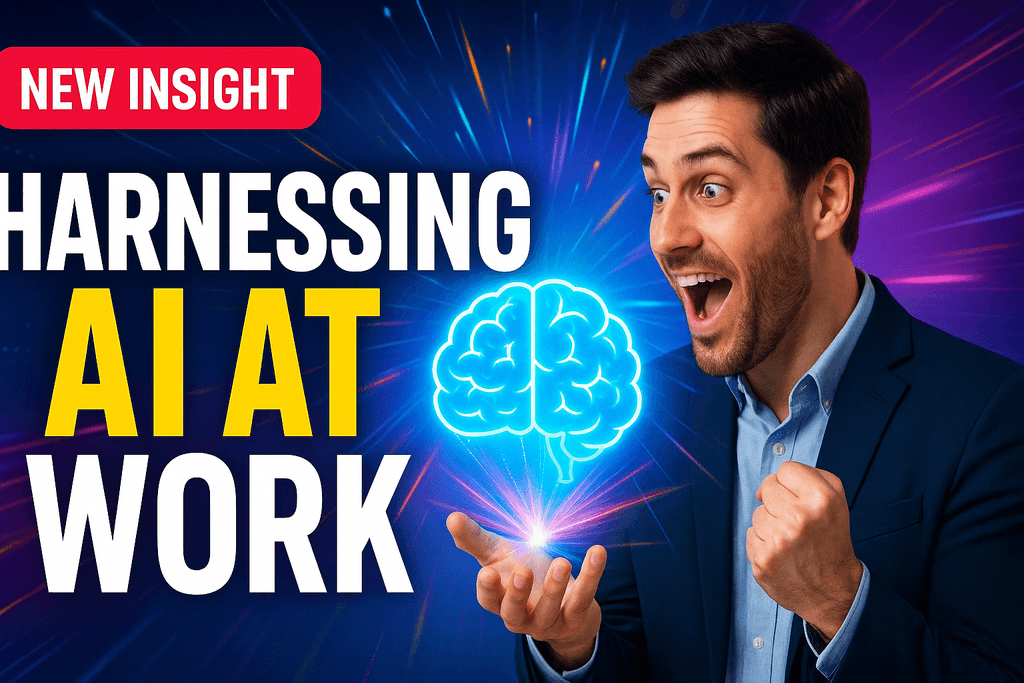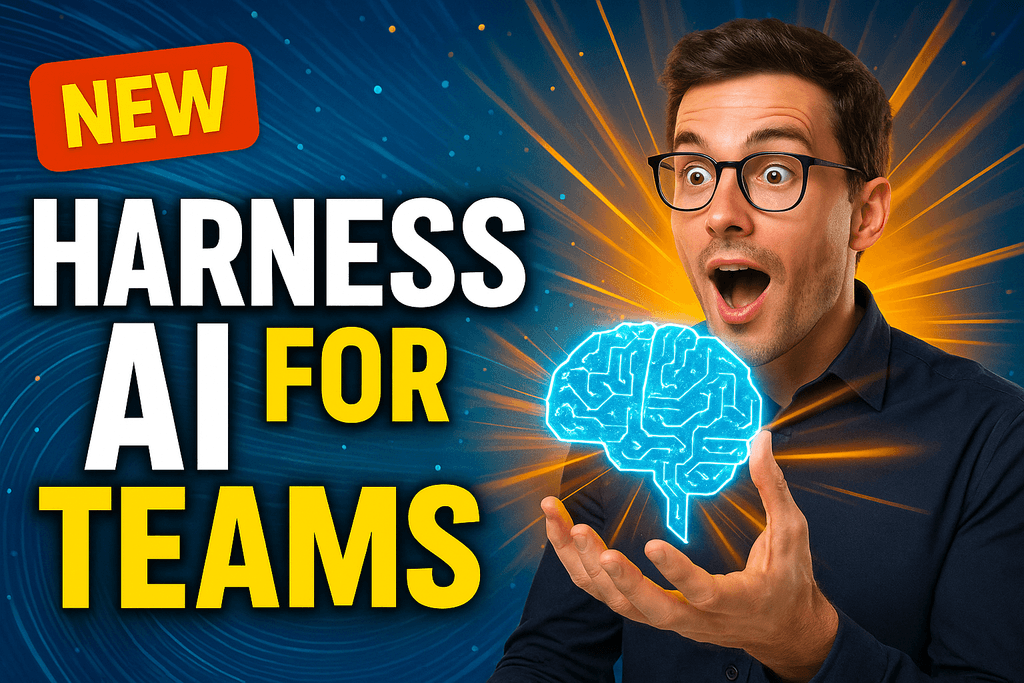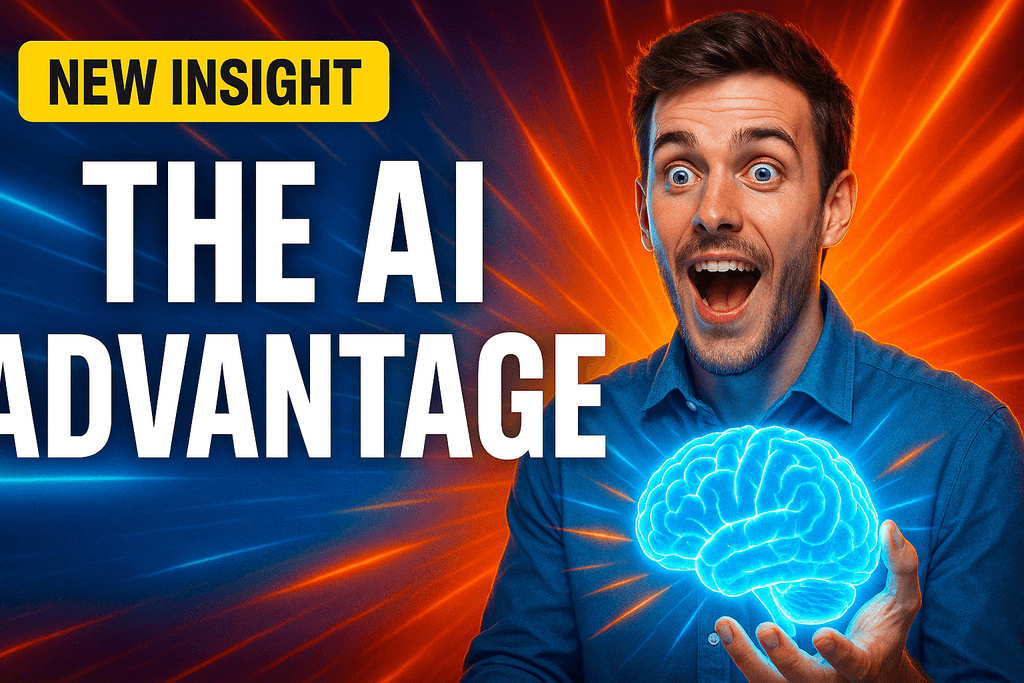
Table of Contents
Introduction: The Evolution of Headless CMS Integration
Headless CMS solutions like Orbitype are revolutionizing web development by being a powerful tool offering unparalleled flexibility and performance. As an agentic cloud OS, Orbitype goes beyond traditional content management to enable intelligent automation through AI agents and workflow orchestration. In this comprehensive guide, we'll explore how to integrate Orbitype with popular front-end frameworks—React, Vue.js, Angular, Svelte, and Next.js—while leveraging AI workforce capabilities to enhance your web development projects and give you a competitive edge.
Modern web development demands more than just content delivery; it requires intelligent systems that can automate processes, analyze data, and adapt to changing requirements. Orbitype's agentic cloud OS provides exactly this foundation, combining PostgreSQL databases, cloud storage, and AI agents to create a truly intelligent development platform.
Understanding Orbitype as Agentic Cloud OS
A headless CMS decouples the content management system from the front-end, allowing content delivery across multiple platforms via an API. Orbitype excels in this domain as an agentic cloud OS, providing a robust API that supports building products, seamless content management, and intelligent automation through AI agents. This comprehensive platform combines PostgreSQL databases with cloud storage (S3), enhanced by compute resources, workflow automation, and third-party integrations.
What sets Orbitype apart is its AI workforce capabilities. AI agents have access to all data and processes within the platform, enabling intelligent automation, predictive analytics, and autonomous decision-making. Whether you're building a headless CMS, CRM system, or ERP solution, Orbitype's flexible architecture adapts to your needs without vendor lock-in, while AI agents continuously optimize performance and user experience.
Popular Front-End Frameworks and AI-Enhanced Development
Front-end frameworks are essential tools in modern web development, simplifying the creation of dynamic and responsive user interfaces. By providing pre-written code, reusable components, and a structured approach, these frameworks help developers focus on functionality and user experience. When combined with Orbitype's AI agents and workflow automation, these frameworks become even more powerful, enabling intelligent content delivery and automated optimization.
React: You might know React for its component-based architecture, which makes it easier to create single-page apps and dynamic user interfaces. With Orbitype's AI agents, React applications can automatically optimize rendering, predict user behavior, and dynamically adjust content based on real-time analytics.
Vue.js: This adaptable, simple-to-integrate framework offers a step-by-step method for creating user interfaces. Orbitype's workflow automation seamlessly integrates with Vue's reactive data properties, enabling automated content updates and intelligent state management.
Angular: Because of its all-inclusive structure, this Google product is especially well-suited for major projects. AI agents can enhance Angular's dependency injection system, providing intelligent service orchestration and automated performance monitoring.
Svelte: Svelte produces extremely optimized and effective code by compiling components at build time. Combined with Orbitype's serverless functions, this creates ultra-fast applications with intelligent caching and automated deployment workflows.
Next.js: This framework extends React capabilities with server-side rendering and static site generation, boosting performance and SEO. Orbitype's AI workforce can automatically optimize build processes, manage content preloading, and implement intelligent caching strategies.
Setting Up Orbitype with AI-Powered Workflows
Setting up Orbitype involves more than traditional CMS configuration. As an agentic cloud OS, the platform requires careful planning of your AI workforce and automation workflows alongside your content architecture.
Initial Platform Setup:
- Create an Orbitype account and configure your project environment
- Set up PostgreSQL database schemas for your specific use case (CMS, CRM, or ERP)
- Configure cloud storage (S3) integration for media and document management
- Generate API keys for secure access to all platform resources
AI Agent Configuration:
- Define AI agent roles and permissions for your specific workflows
- Configure automated data processing pipelines using serverless functions
- Set up webhook integrations for real-time event processing
- Implement intelligent monitoring and alerting systems
The key advantage of Orbitype's agentic approach is that AI agents can immediately begin optimizing your setup, analyzing usage patterns, and suggesting improvements. This creates a self-improving system that adapts to your development needs over time.
React Integration with Intelligent Automation
React's component-based approach makes it an excellent choice for integrating with Orbitype's agentic cloud OS. By leveraging React's state management and hooks alongside Orbitype's AI agents, you can create applications that automatically optimize performance, predict user needs, and adapt content delivery in real-time.
Enhanced Integration Steps:
- Install necessary libraries like Axios for API communication and implement AI-powered caching strategies
- Use React hooks to fetch content from Orbitype while AI agents analyze usage patterns and optimize data retrieval
- Implement intelligent component rendering based on user behavior analysis from Orbitype's AI workforce
- Configure automated A/B testing workflows that adjust component presentation based on conversion metrics
Orbitype's AI agents can monitor your React application's performance metrics, automatically adjust API call frequencies, and even predict which content users will need next. This creates a seamless, intelligent user experience that continuously improves without manual intervention. For example, an AI agent might detect that users frequently navigate from your product catalog to pricing information and automatically preload pricing data to reduce loading times.
Vue.js and Angular: Streamlined Integration with AI Workforce
Vue.js Integration:
Vue.js offers a progressive framework that's easy to integrate with Orbitype's agentic capabilities. Utilizing Vue's reactive data properties and lifecycle hooks allows for smooth content fetching and intelligent automation. AI agents can monitor Vue's reactive state changes and automatically trigger content updates, cache invalidation, or user experience optimizations.
- Set up a new Vue project with Orbitype SDK integration
- Use Vue's
createdlifecycle hook to initialize AI-powered content fetching - Implement reactive data binding with automated content synchronization
- Configure intelligent routing based on user behavior analytics
Angular Integration:
Angular's robust structure supports seamless integration with Orbitype's AI workforce. Creating services for API calls and utilizing Angular's dependency injection enhances the modularity and maintainability of your application while enabling intelligent automation at the service level.
- Set up a new Angular project with Orbitype service architecture
- Create intelligent services that leverage AI agents for data processing and caching
- Implement dependency injection with AI-powered service orchestration
- Configure automated testing workflows that adapt based on code changes and usage patterns
Both frameworks benefit from Orbitype's workflow automation capabilities, which can automatically optimize bundle sizes, manage dependencies, and even suggest code improvements based on performance analytics.
Svelte and Next.js: Advanced AI-Powered Optimization
Svelte Integration:
Svelte's approach of compiling components at build time results in fast, efficient applications. When combined with Orbitype's AI agents and serverless functions, this creates an incredibly powerful development environment. AI agents can analyze your Svelte components during build time and suggest optimizations, automatically implement performance improvements, and even generate new components based on usage patterns.
- Set up a new Svelte project with Orbitype's intelligent build pipeline
- Use Svelte's
onMountfunction to initialize AI-powered content loading - Implement automated component optimization based on usage analytics
- Configure intelligent state management with automatic persistence and synchronization
Next.js Integration:
Next.js enhances React applications with server-side rendering and static site generation, making it a powerful framework for integrating with Orbitype's agentic cloud OS. AI agents can automatically optimize your Next.js build process, manage dynamic routing based on content patterns, and implement intelligent caching strategies that adapt to user behavior.
- Set up a new Next.js project with Orbitype's AI-enhanced build system
- Fetch content during build time using Next.js's
getStaticPropswith AI-powered content optimization - Implement intelligent incremental static regeneration based on content change patterns
- Configure automated performance monitoring and optimization workflows
Both frameworks can leverage Orbitype's workflow automation to implement continuous deployment pipelines that automatically test, optimize, and deploy your applications based on performance metrics and user feedback.
Best Practices for AI-Enhanced Integration
To ensure a smooth integration with Orbitype's agentic cloud OS, follow these enhanced best practices that leverage AI workforce capabilities:
Intelligent API Usage: Efficient API usage is crucial for optimal performance. Orbitype's AI agents automatically implement intelligent caching strategies, predict content needs, and optimize API call patterns. The system learns from usage patterns to minimize server requests and improve load times through predictive content loading and smart cache invalidation.
Automated Security Management: Securely storing API keys is enhanced by Orbitype's AI-powered security monitoring. Use environment variables while AI agents continuously monitor access patterns, detect anomalies, and automatically rotate credentials when necessary. This creates a self-healing security infrastructure that adapts to threats.
AI-Driven Performance Optimization: Beyond traditional optimization, Orbitype's AI workforce continuously analyzes application performance, user behavior, and system metrics. AI agents automatically implement performance improvements, optimize database queries, and adjust resource allocation based on real-time demand patterns.
Intelligent Error Handling: Implement robust error handling enhanced by AI agents that learn from error patterns and automatically implement fixes for common issues. The system provides predictive error prevention, intelligent retry mechanisms, and automated incident response workflows.
Automated Content Management: Orbitype's AI agents revolutionize content management by automatically organizing content, suggesting optimizations, and maintaining data quality. AI-powered content analysis ensures consistency, detects outdated information, and automatically updates related content across your application.
Workflow Automation: Set up intelligent CI/CD pipelines that leverage Orbitype's workflow automation capabilities. AI agents can automatically test code changes, optimize deployment strategies, and even rollback problematic releases based on performance metrics and user feedback.
Conclusion: The Future of Intelligent Web Development
The flexibility, scalability, and intelligent automation that Orbitype offers when integrated with popular front-end frameworks like React, Vue.js, Angular, Svelte, and Next.js transform your web development projects fundamentally. As an agentic cloud OS, Orbitype goes beyond traditional headless CMS capabilities by providing AI agents that continuously optimize performance, predict user needs, and automate complex workflows.
By following the procedures and best practices outlined in this guide, you can seamlessly integrate Orbitype's robust API that supports building products with your chosen framework while leveraging AI workforce capabilities to deliver outstanding user experiences. The combination of PostgreSQL databases, cloud storage, serverless functions, and intelligent automation creates a development environment that adapts and improves over time.
Whether you are an experienced developer or new to headless CMS solutions, Orbitype provides the tools, AI agents, and workflow automation needed to excel in modern web development. The platform's ability to function as a headless CMS, CRM, ERP, or any digital application you need, all while maintaining flexibility and avoiding vendor lock-in, makes it the ideal choice for future-ready development. Try integrating Orbitype with your favorite framework today and experience the difference that intelligent automation can make in your development workflow.























